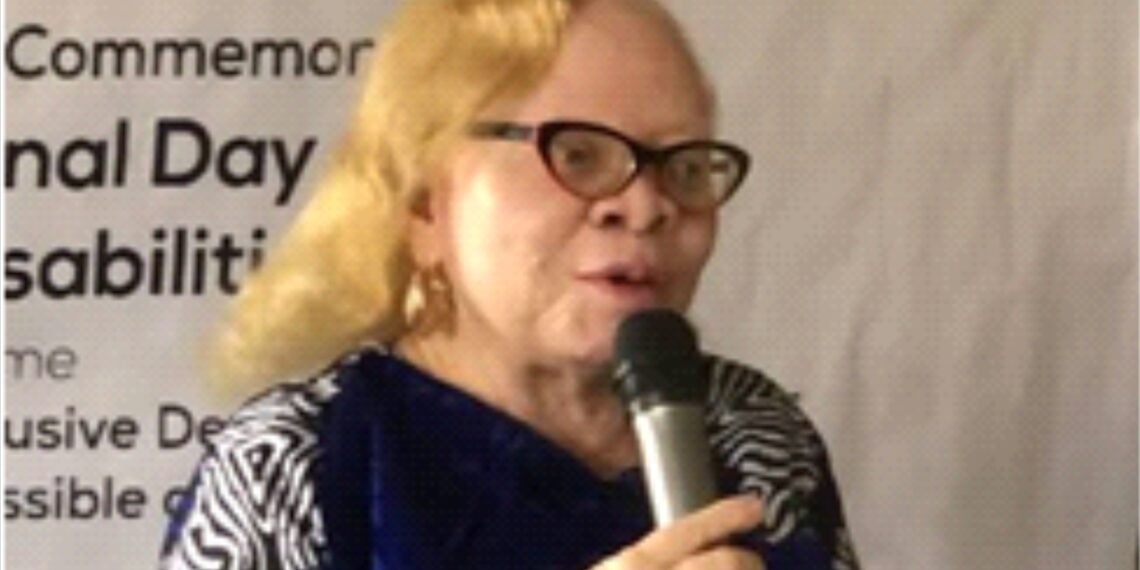As the global community marks a decade of International Albinism Awareness Day, (IAAD), The Albinism Association of Nigeria has called for immediate action to address healthcare shortfalls. The theme “10 years of IAAD: A decade of collective progress” highlights not only the strides made in advocacy and awareness but also the critical gaps that remain, particularly in healthcare access for persons with albinism in Nigeria.
Albinism, a genetic condition characterized by a lack of melanin pigmentation in the skin, hair, and eyes, leaves individuals highly vulnerable to sun damage and visual impairments. In Nigeria, the lack of adequate healthcare resources has led to devastating consequences, with at least two people with albinism dying from skin cancer each month. This alarming statistic underscores the pressing need for improved healthcare services tailored to the unique needs of the albinism community.

In a statement by the National President of the Albinism Association of Nigeria, Bisi Bamishe, she said “Skin cancer is highly preventable when persons with albinism have access to regular skin checks, sunscreen, UV-protective clothing, and sunglasses,”
Bamishe emphasized. “Yet, many in our community lack access to these essential health services.” IAAD 2024 serves as a platform to raise awareness about the specific health challenges faced by Nigerians with albinism and to advocate for better support systems. The ongoing advocacy efforts aim to mobilize political will and resources to ensure that individuals with albinism can enjoy their right to health.
This year’s activities, which extend throughout the month, include awareness campaigns, educational programs, media discussions, and policy dialogues focused on enhancing healthcare access and reducing the stigma and discrimination faced by people with albinism. Despite the progress made over the past decade in increasing public understanding and fostering global advocacy, significant challenges remain. Discrimination, social stigma, and inadequate healthcare access continue to hinder the full participation and well-being of persons with albinism in Nigerian society.
Bamishe expressed gratitude to the federal and state governments, as well as development partners like the Disability Rights Fund and Sightsavers, for their ongoing support. However, she also stressed that more needs to be done to address the persistent challenges. “By spreading awareness about albinism and advocating for better healthcare, we can make a significant difference in the lives of those affected by this condition. We need a collective effort to ensure that no one is left behind.”
As the world marks IAAD 2024, it is a time to celebrate the progress made, reflect on the ongoing challenges, and renew the commitment to creating a more inclusive and supportive society for persons with albinism. Improved healthcare access is a critical step towards achieving this goal, ensuring that individuals with albinism in Nigeria and around the world can live healthy, dignified lives. For more information on IAAD 2024 events and how to participate, visit the Albinism Association of Nigeria’s website or contact your local advocacy group. Join us in recognizing the resilience of persons with albinism and working together towards a more inclusive and equitable world for all.



